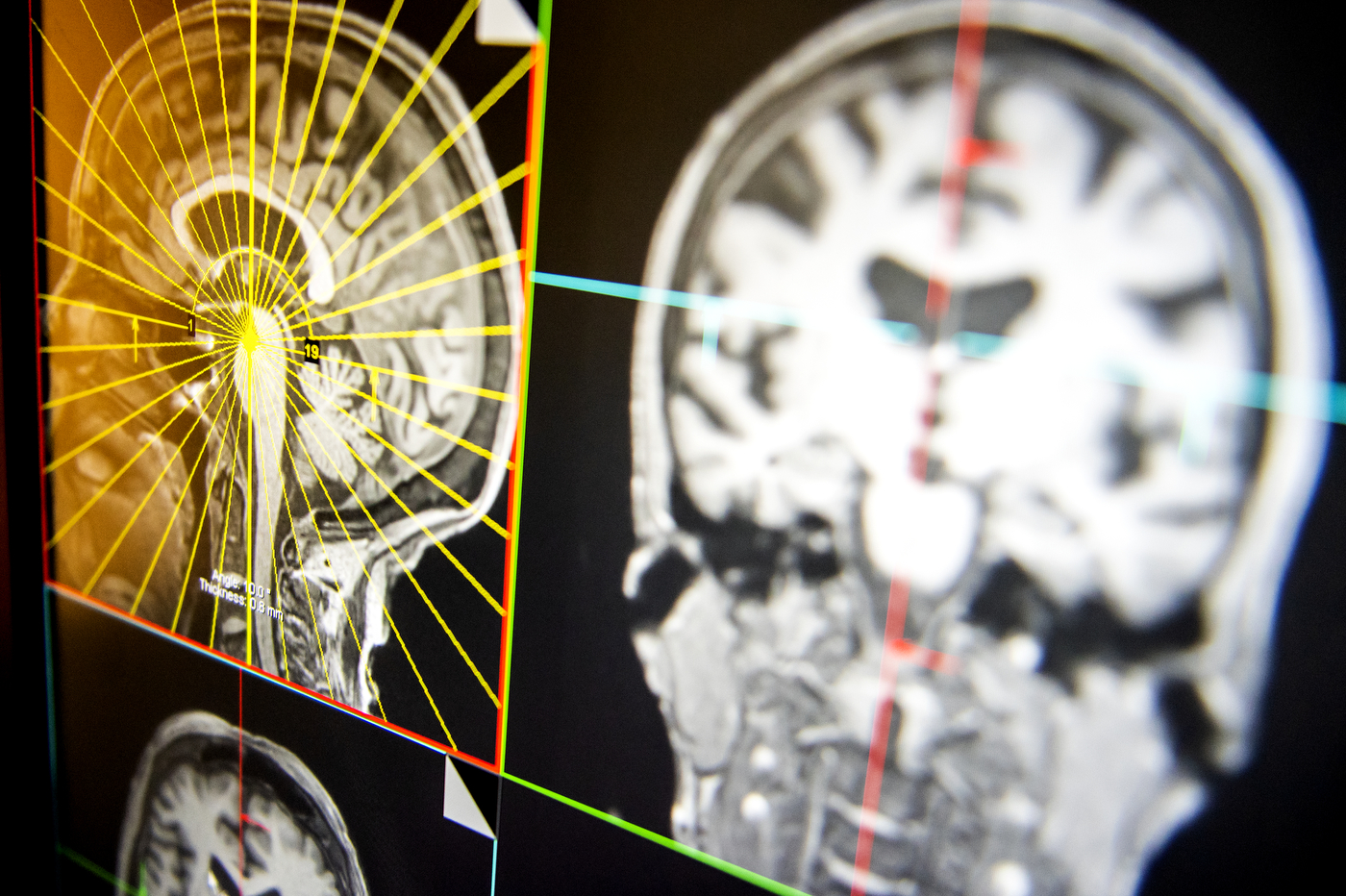COS News
News

A new report from a group of Northeastern researchers explores across disciplines how biotech can ensure safe, sustainable life beyond Earth.
The key to international space cooperation is developments in biotechnology, Northeastern researchers say
News

The NeuroPRISM lab, led by assistant psychology professor Stephanie Noble, makes tools that pave the way for reliable and reproducible neuroimaging of the brain.
Precise maps of the brain’s deepest corners are made possible through tools developed by these Northeastern researchers
Showing 172 results in Psychology

Childhood Trauma Changes Your Brain. But It Doesn’t Have to Be Permanent.
Neuroscientists at Northeastern are using rats to understand how trauma in infancy makes children, but especially girls, more likely to develop anxiety and other similar disorders later in life.

Six Northeastern Professors Named to 2019 List of ‘Highly Cited Researchers’ Around the Globe
The 2019 Highly Cited Researchers list features has included six Northeastern researchers who rank in in the top 1 percent by citations in their fields between 2006 and 2016.

A Rat Had Basically No Brain. But It Could Still See, Hear, Smell, and Feel.
Many scientists agree that, although the brain can grow and develop, specific parts are meant only for specific functions, says Northeastern professor Craig Ferris. What if there were an animal that proved them wrong? I smell a rat.

What Do the Brains of Children Tell Us about Their Mental Health as Teens?
Anxiety and depression in teens can go undetected for too long, says Northeastern psychology professor Susan Whitfield-Gabrieli. Her team is using brain imaging during childhood to spot early symptoms of mental illness.